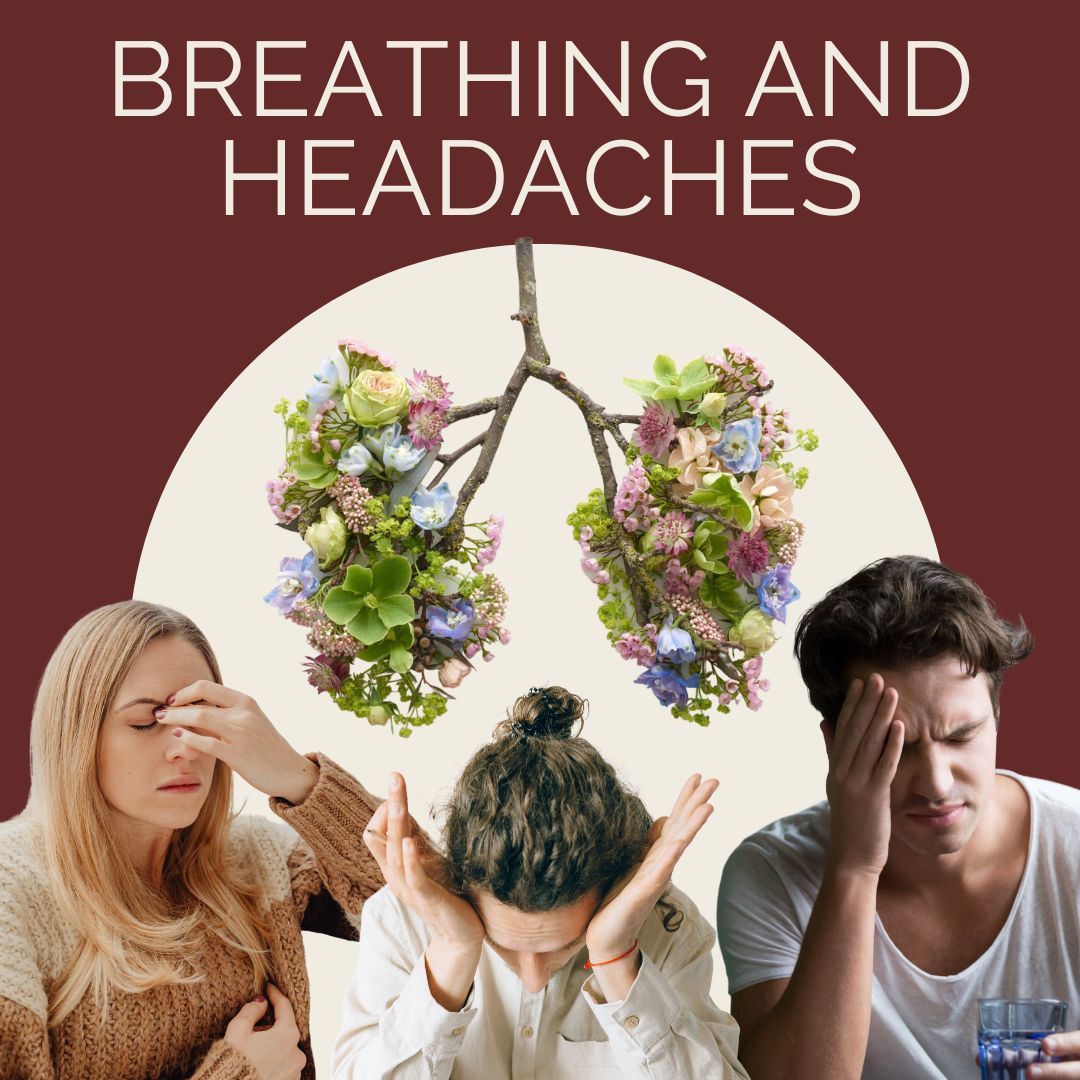Elevating The Mind and Emotions
Author: JESSICA MCDONALD, Registered Acupuncturist
The Mind and being Mindful are very hot topics these days. I have recently joined a group of like-minded practitioners and this is something that we discuss as part of our diagnosis and treatment protocol. There is more and more discussion around treating a person as a whole unit rather than a bit or piece. In this article I begin to explore the Chinese medicine concepts of Mind and how we view emotions so that we may gain a bit more understanding of what exactly it means to be a mindful being.
The Mind– Like the Pixies sang in my favourite song of theirs… “Where is my mind?” In Chinese medicine, the Mind (aka Shen) is one of the vital substances of the body. The vital substances are forms of Qi and the Mind is the most subtle and non-material type of Qi. As Giovanni Maciocia explains in “The Foundations of Chinese Medicine”…one of the most important characteristics of Chinese medicine is the close integration of the body and Mind, which is highlighted by the integration of Essence (Jing), Qi, and the Mind, called The Three Treasures. These Three Treasures represent three different states of condensation of Qi, the Essence being the densest, Qi the more rarefied, and the Mind the most subtle. The activity of the Mind relies on the Essence and Qi as its fundamental basis – thus, if they are strong and flourishing the Mind will be happy and balanced and alert. If Essence and Qi are depleted, the Mind will suffer and become unhappy, depressed, and anxious. However, the state of the Mind also affects the Qi and Essence. If the Mind is disturbed by emotional stress, becoming unhappy, depressed, anxious, or unstable, it will affect the Qi and/or Essence.
The Mind is most closely related to the Heart and is responsible for many different mental activities such as consciousness, thinking, memory, insight, cognition, sleep, intelligence, wisdom, ideas, affections, feelings, and senses. If the Heart is strong and the Mind is healthy then all of these things thrive and flow smoothly. Even though in Western medicine, these mental activities are related to the brain, we must consider the Heart because only it can ‘feel’ affections and feelings. Therefore, because the Heart feels them, it is responsible for consciousness, affection and feelings and recognizing the effect of emotions.
Emotions– Over 800 years ago, Chinese medicine texts began to catalogue the emotions and paid close attention to the “harmful” nature of some. The main seven are Anger (frustration), Joy (excitement), Over-thinking, Grief and Sadness, Worry and Anxiety, Fear, and Shock. Emotions are a normal response to the experiences of life but if we repress them we can cause damage just as if we were to indulge in them to excess. Learning how to allow a smooth flow of our emotions to be expressed is a vital key to creating balance in our everyday lives. Just as we train our bodies for strength and physical fitness, we must train our minds. It takes time, effort, and persistence to change unhealthy thinking and emotional reactions to situations. Start small and slow and build on the Mind training day. With every beat of the Heart is an opportunity to train your Mind. Instead of feeling the harmful emotions, replace them with positive emotions like kindness, contentment, equanimity, and friendliness.
Mind Training—These are some simple tasks to get your Mind working out in a healthy way:
- Gain some level of control over and detachment from our emotions (perhaps through meditation)
- Learn to dwell in the present moment
- Cultivate peace of mind and positive emotions such as compassion, laughter, intimacy, friendship and contentment
- Enjoy what we have rather than crave what we don’t have
- Cultivate generosity and refrain from greed
“When the mind is in disorder, a disease cannot be healed.”
– Yellow Emperor’s Inner Classic, from 2nd century BCE
Acupuncture–100% of the acupuncture treatments I do have an element of “Mind calming” in them. It doesn’t matter if you have come to see me for a broken ankle or heartburn, you will feel more relaxed, you will have increased mental clarity, and you will be less reactive by the end of the treatment. There is no way to treat the body successfully without treating the Mind as well.
Try pressing on these acupressure points to do some DIY Mind calming treatments at home (or the office, or the car!)
- DU20 – “Hundred Meetings” – this point is found at the vertex of your head. This point raises Yang, benefits the Brain, and lifts the Mind.
- Yintang – “Sea Hall” – found on the midline of the body, between the eyebrows. Yintang strongly calms the Mind – especially for anxiety, insomnia, and fright.
- RN17 – “Middle of the Chest” – found on the midline of the body at the level of the nipples. Strengthens the Qi and opens the Qi of the chest, which benefits the Heart.
- HT7 – “Shen Men or Mind Door” – located one and a half finger widths up the arm from the wrist crease on the pinky side of the arm. This point calms the Mind, opens the Mind’s orifices, and nourishes the Heart-Blood – especially good for insomnia, poor memory, manic depression, shouting, sadness, fear, mental restlessness, agitation, and palpitations.
Tap In—Are you aware of your emotions? When was the last time that you checked in with yourself about how you feel? Really dig in deep and tap into your innermost realms of feeling. It is boggling to me that we can be so “conscious” about everything that is going on outside of our own bodies but hardly take the time to check ourselves. How else can we elevate ourselves if we don’t even know where we are starting from?
Meditation–Through meditation we can learn to become more aware of our true feelings. We begin to be able to experience the rise and fall of emotions without holding onto them or becoming attached to them.
“The mind of the perfect man is like a mirror.
It does not move with things nor does it anticipate them.
It responds to things but does not retain them.
Therefore the perfect man is able to deal successfully with things but is not affected by them.”
– Zhuangzi, 3rd Century BCE
If you are new to meditation, there is no need to be intimidated. There are many ways to meditate without sitting on the floor for hours – although this could be something to work up to! Simply put, meditation can be defined as a practice where an individual focuses their mind on a particular object, thought or activity to achieve a mentally clear and emotionally calm state. The following are some simple ways to get your toes wet in the pool of meditation:
- Paying attention to the breath.
- Enjoying a cup of tea.
- Being in nature.
- Music – singing, chanting, humming, and dancing.
- Talking with a friend. Laughter.
- Being of service.
- Practicing gratitude.
It’s Time! There is going to be no better time to start your elevation than right now. There is no way that you can do it wrong, you are on the right path. Take that first step and keep on going and feel all the love and compassion for yourself for doing it. And if you miss a day, or get side tracked, that’s ok, forgive yourself and then keep going.


We look after the whole person,
and not just the parts.
All Rights Reserved | 360 Brain Body Wellness Clinic | In Partnership with CCC
SERVICES
CONNECT
Ph: 403-262-4770
Fax: 403-262-4730
[email protected]
#316 3332 20 Street SW
Marda Loop, Calgary, Alberta
T2T 6T9


